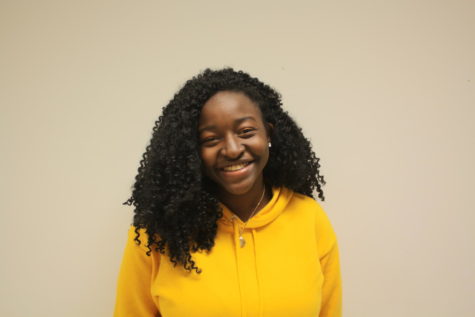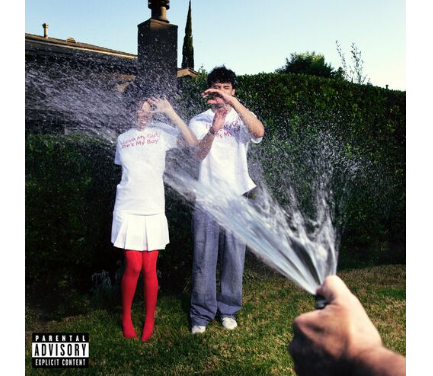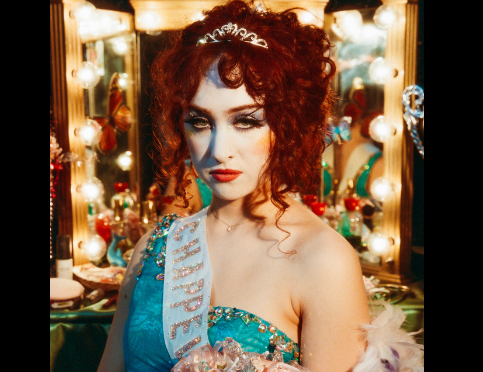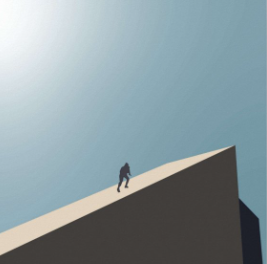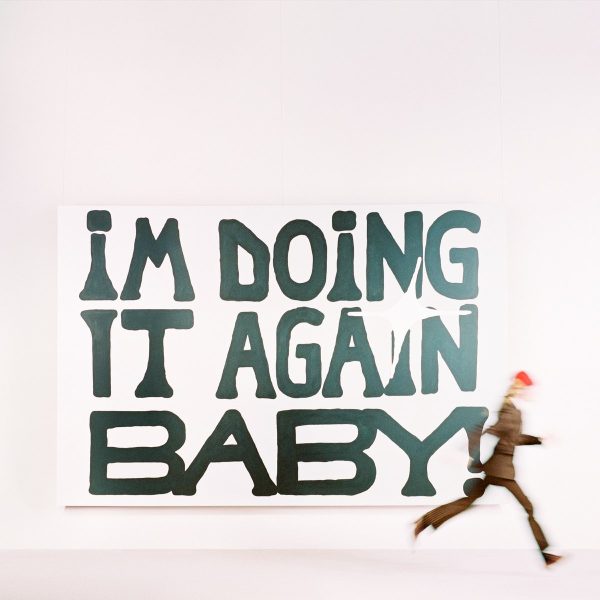Opinion: TV shows move forward – – and backward – – on race
January 19, 2017
In the past couple of years, the list of intellectually stimulating yet equally entertaining shows that feature a diverse cast, in terms of race, has increased.
From recent series that address important problems among minorities like Atlanta and Insecure, to lighter comical shows like The Get Down, the list is growing yearly.
A significant amount of popular shows surrounding groups and storylines of color are either streaming on giants like Netflix and Hulu, or on paid channels like HBO.
Some shows on television have gained mass popularity including Empire, Black-ish, Fresh Off the Boat, and Jane the Virgin.
These shows explore the lives and issues associated with minority groups, and unlike coming adaptations Ghost in the Shell, which has received immense criticism, actually feature a minority lead and cast.
In comparison to the record of television’s most popular shows, these are groundbreaking and current. Previously popular hits on TV like Parks and Recreation and New Girl have featured one or two minority cast members, but have not focused on them.
From The Get Down’s exploration of the rise of hip-hop in the Bronx, through biracial character Zeke, to Fresh off the Boat, which portrays the life and experiences of a Chinese-American, the coverage is unprecedented.
Despite evident progress being apparent in the rise of these shows, the evidence of regression is still present in other shows.
Shameless, a Showtime Emmy winning series explores the life of a poor white family in Chicago, yet its jokes too often target races, and other minority groups.
Shows like The CW’s Crazy Ex-Girlfriend claim to be progressive with white savior characters who discuss surface-level feminist and discriminatory issues, but feature token characters set up to be vehicles for racist jokes.
Often time’s jokes in the attempt to criticize the reality of their characters, while still managing to insert insensitive jokes and normalize the ostracizing of members of minority communities.
The disparity of TV shows beckons a question: Is any progress actually being made?
For years, diverse groups have begged for increased representation in media and television, but the continued backlash represents larger issues that need to be addressed.
It is undeniable that the lineup of similar progressive shows will increase, although the tally of offensive material in other shows should do the opposite.

